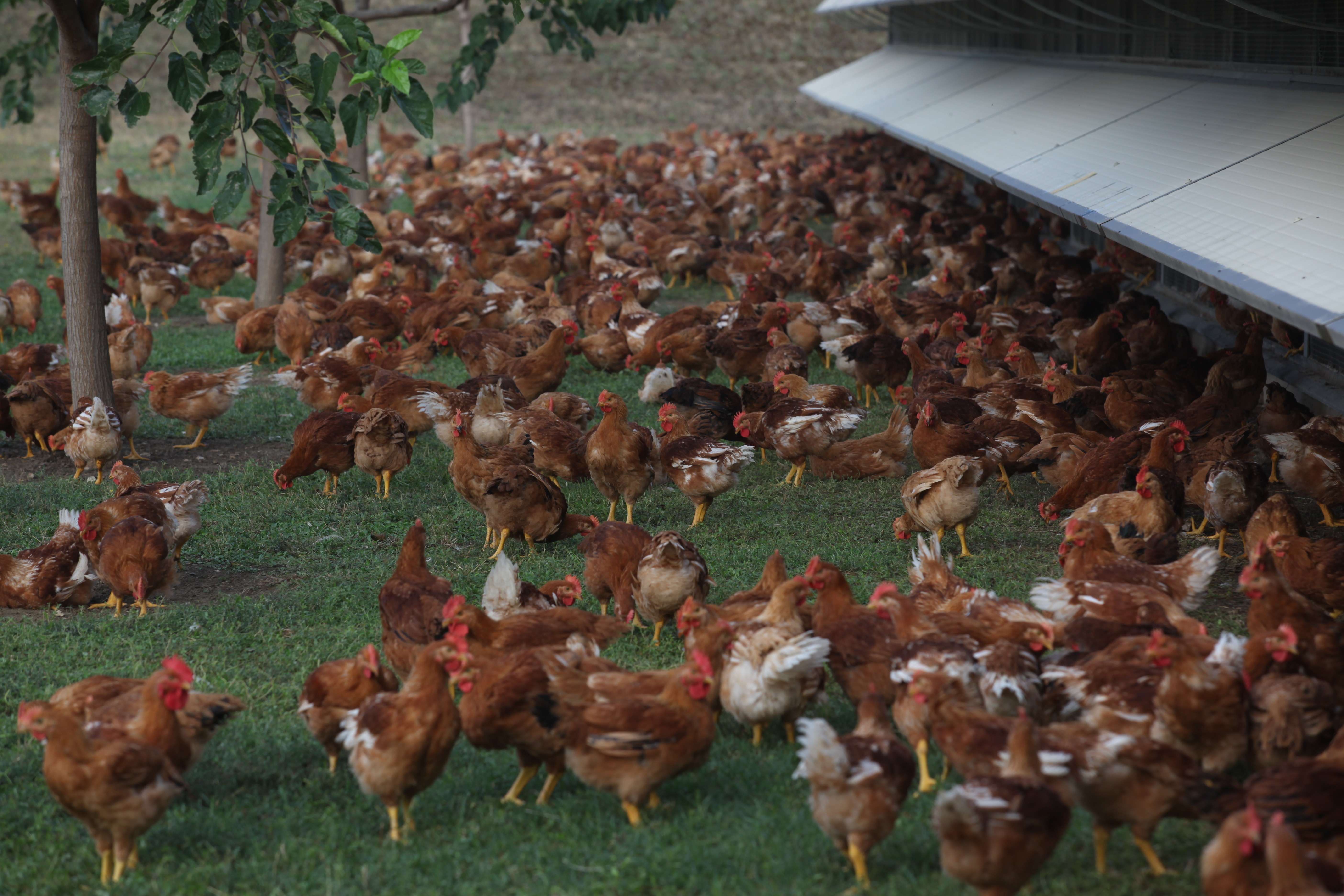
US dietary guidelines: lean and red meats are okay
Old guideline: Consume proteins such as lean meat, poultry and seafood as part of a balanced diet but replace foods high in solid fats with those that are lower in solid fats and calories and/or are a source of oils.
2015 guideline: Eat a variety of protein foods, including seafood, lean meats and poultry, eggs, legumes (beans and peas), soy products, and nuts and seeds. Get less than 10 percent of daily calories from saturated fats and meats that are high in saturated fat. Teen-aged boys and men should “reduce their overall intake of protein foods” such as meat.
In October, the research division of the World Health Organization caused a stir when it announced that bacon, sausage and other processed meats cause cancer and that red meat is “probably carcinogenic.” The U.S. beef industry, as well as some scientists unaffiliated with that industry, argue that the body of research does not support this strong of a conclusion.
Scientists have looked at a possible link between red meat and colorectal cancer for decades, and several studies have found associations between the two, but since the studies were mostly observational, there was no way to definitively say that red meat causes cancer.
WHO defines red meat as beef, veal, pork, lamb, mutton and goat, while processed meat includes hot dogs, ham, sausages, corned beef and beef jerky, plus other meats that have been cured, smoked or salted.
The federal government’s influential Dietary Guidelines for Americans, which were released Thursday, are updated every five years, and the debate over saturated fats, red meat, caffeine and salt was especially intense this time around.
The guidelines are the basis of everything from school lunch programs to the diets promoted in bestselling books, but in recent years some scientists have begun to question the one-size-fits-all approach. A growing body of research supports the theory that a person’s genetic makeup or microbiome (the organisms that live on or inside of you and help to make you who you are) plays a key role in how food affects the body — and that the impact can be different from one individual to another. That work supports a more personalized approach to diet, which some researchers argue have argued is the future of nutrition science.
Source: The Washington Post





